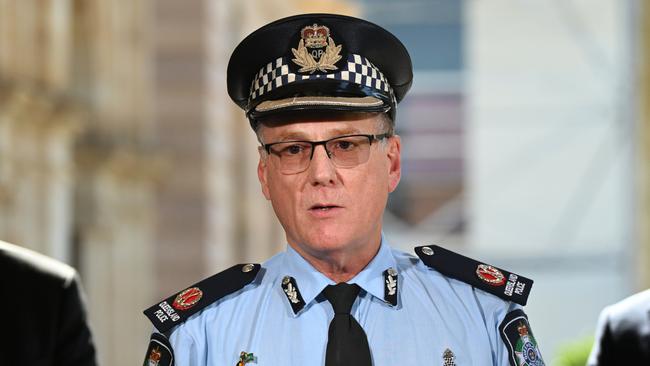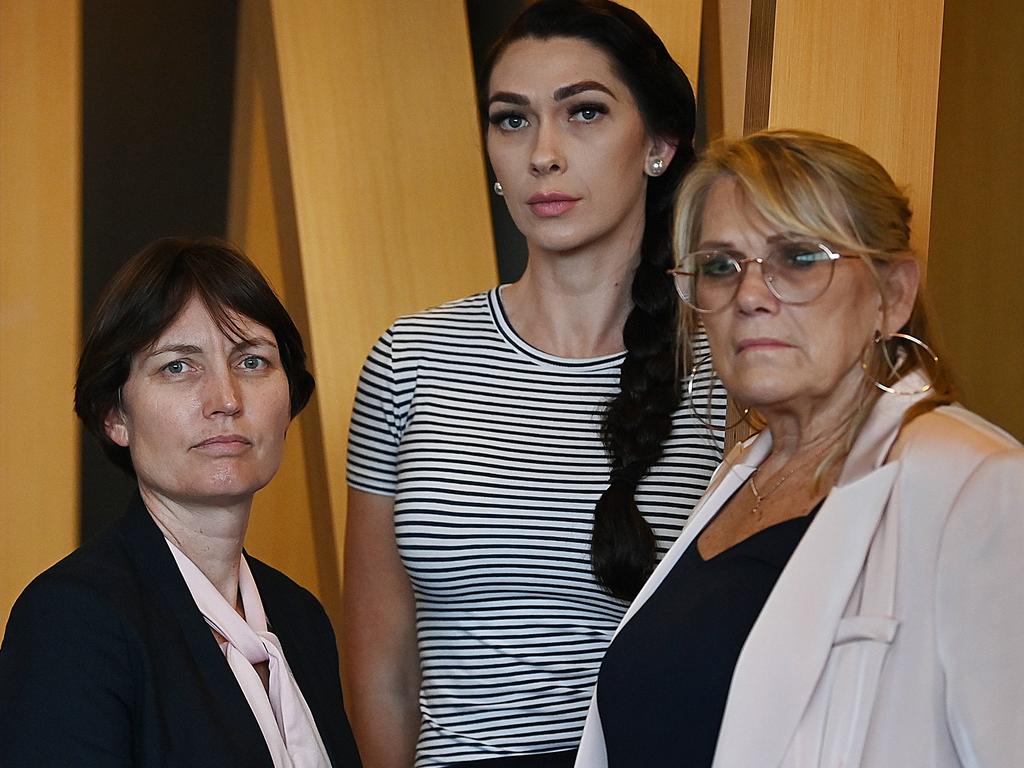Queensland DNA mess ‘means crims walk free’
Almost 30 profiles have been added to the national DNA database after a review by Queensland police of 205 samples previously deemed to contain no DNA by the state’s forensics laboratory.

Almost 30 profiles have been added to the national DNA database after a review by Queensland police of 205 samples previously deemed to contain no DNA by the state’s flawed forensics laboratory.
The DNA was detected after police in April began an audit of cases dating back to the start of 2018 in which the forensics laboratory had reported “insufficient DNA for further processing”.
Of the 205 samples identified, further testing revealed a partial or full profile in 49 cases. In 27 of these, the evidence was so conclusive that the data was capable of being uploaded to the national database, which is used to assist in solving crimes.
Police, who admitted the bungle may have allowed serious criminals to walk free, are working through various cases to determine whether the outcome of legal proceedings may have been influenced by incorrect “no DNA detected” findings.
The findings were revealed in an interim report handed down on Tuesday by retired judge Walter Sofronoff as part of his commission of inquiry into the state-run forensics laboratory.
Issues with the lab, administered by Queensland Health, were identified in The Australian’s investigative podcast series Shandee’s Story.
“Very recently, QPS has conducted a review of ‘No DNA detected’ results,” Mr Sofronoff wrote in his report. “After selecting 205 samples in which that result appeared anomalous, for example, samples of presumptive blood, QPS required full testing and achieved a partial or full profile in 49 cases.
“Of these, 27 gave results that were capable of being usefully uploaded to the national DNA database or returned a profile with a ratio of over 100 billion to one likelihood that a particular person contributes to the profile.”
The inquiry has yielded revelations about the laboratory’s protocols, which demand an unusually high threshold to be fully tested for DNA profiles.
Queensland’s lab demands that to progress to DNA profiling, crime scene samples require at least 22 cells, even though fewer than 10 cells can often produce a DNA profile and in NSW the detection limit is 11 cells.
If the minimum amount of DNA is not met in the first two testing stages, the lab did not send samples on for profiling in the final two stages. The lab’s scientists then reported “no DNA detected” to police and in their formal witness statements.
Mr Sofronoff said the “unfortunate” terminology was capable of being misleading, particularly in criminal trials where judges and juries would be unlikely to understand what it meant.
Last year, the lab reported 583 samples relating to sex offences to police as “insufficient DNA for further processing”.
The methodology around testing thresholds, which has been changed since June, was in place since February 2018, meaning there could be thousands more cases that need to be reviewed.
The Queensland Police Service and Queensland Health have established a taskforce to immediately start a review of cases.
Forensic specimens are automatically retained in all cases and would be available for retesting.
“We will work with Queensland Health to identify the number of statements and … samples in that group and will prioritise those samples to send them away for further testing,” Acting Assistant Commissioner Marcus Hill said.
“I think in the next couple of weeks we will have a really good idea about how many statements, how many samples, how many cases we’re dealing with.”
He said the review would apply to a “broad group” of crimes, including homicides, rapes, armed robbery and sexual assaults. “Worst case scenario, there could be offenders still out there.”





